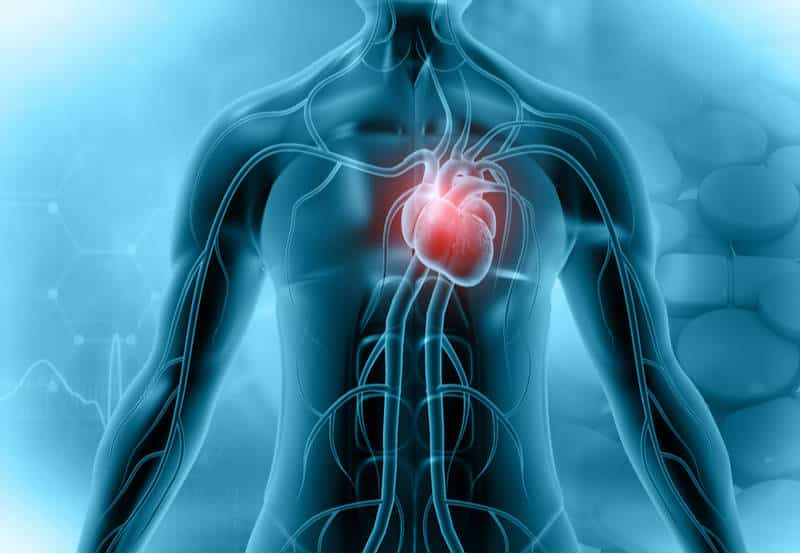Forcefield Therapeutics, has presented positive preclinical data on three proteins identified by it FunSel platform that have the potential to preserve heart function following a heart attack.
The company that works with therapeutics to protect heart function by arresting the loss of cardiomyocytes following myocardial infarction infarction.
The paper, Novel Recombinant Cardioprotective Factors Against Myocardial Infarction Selected in vivo from an AAV Secretome Library, was presented yesterday (November 6) at the 2022 Scientific Sessions of American Heart Association (AHA) in Chicago by Dr Mateusz Tomczyk, Research Associate at King’s College London.
The paper presented preclinical data outlining the mechanisms of three proteins identified by FunSel, Forcefield’s search engine. FunSel is gene agnostic, unconstrained by genetics and does not rely on knowledge of which factor is causing a disease. It allows functional selection of therapeutic factors for disease phenotype correction. FunSel contains a library of thousands of AAV vectors encoding secreted proteins.
Proteins – developed by Forcefield
Results presented at AHA show that, after two rounds of iterative selection in mice, the three proteins identified, preserved cardiomyocyte viability, sustained cardiac function and prevented pathological remodeling. In both neonatal cardiomyocytes and adult hearts, all three factors reduced apoptosis and induced protective macro-autophagy.
In particular, Chrdl1 exerted its protective activity by binding and inhibiting extracellular bone morphogenetic protein 4 (BMP4), which resulted in protection against cardiomyocyte death and induction of autophagy in cardiomyocytes after myocardial infarction. In addition, it was found that two variants optimized for clinical development demonstrate preliminary efficacy when administered using the anticipated clinical route and time of administration in a myocardial infarction model.
The work developing FunSel originated at the International Centre for Genetic Engineering and Biology (ICGEB) and the University of Trieste, Italy. It has been further developed by Mauro Giacca, Professor of Cardiovascular Sciences at King’s College London and co-founder of Forcefield Therapeutics and supported by the British Heart Foundation.
Developed by FunSel
Forcefield Therapeutics, focused on retaining heart function via protection of cardiomyocytes was launched in 2022 backed by leading healthcare investor Syncona and is undertaking the development work to enable clinical trials in patients in the future.
Giacca said: “While early stage, these data support our conviction in the importance of the three proteins we have identified. These can be administered immediately after a heart attack to minimize cardiac damage and therefore have the potential to revolutionize treatments for patients at risk of heart failure.
“These findings reveal a method for the systematic, in vivo selection of tissue protective factors and disclose novel potential cardiac therapeutics, and we’re very excited about their potential.”





